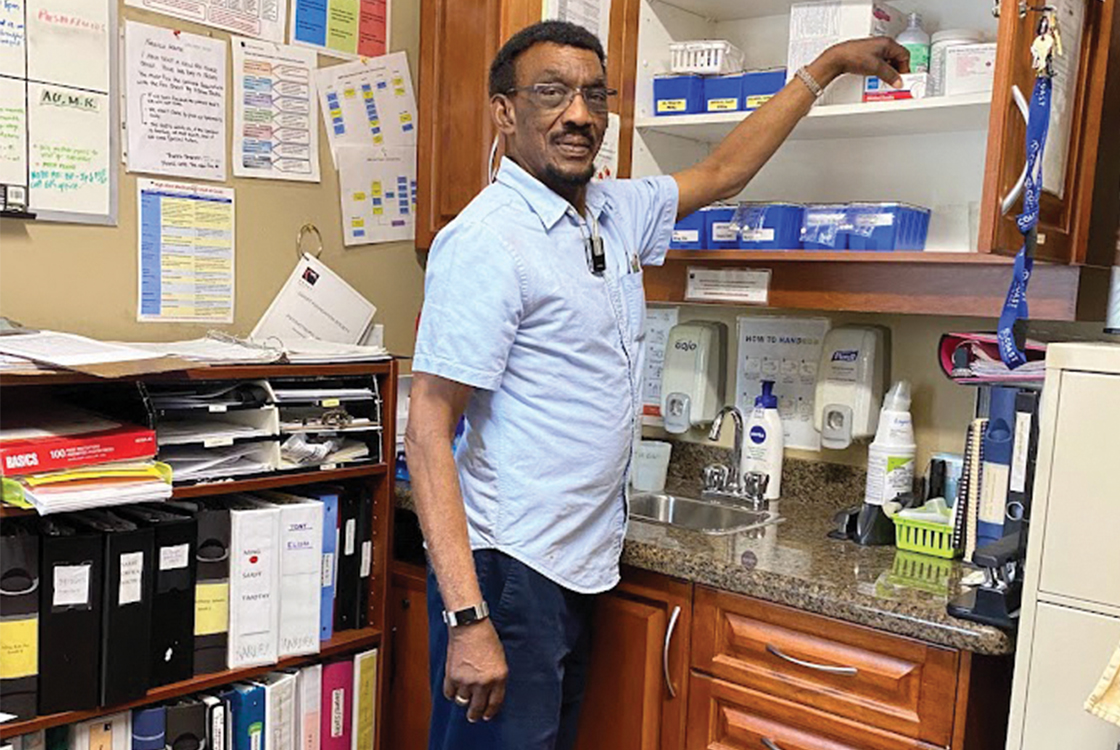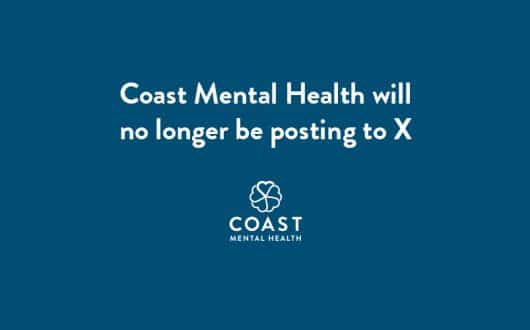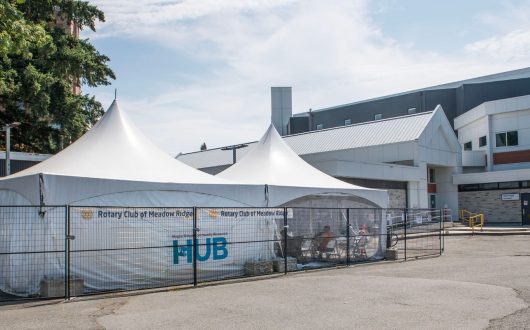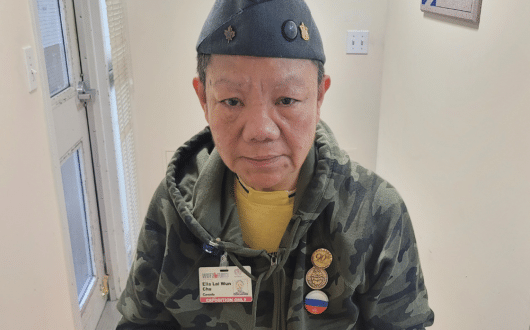Prioritizing Client Safety
Safety can mean many things, whether it be your physical safety in knowing your medications are being administered correctly or your emotional safety in feeling that you can trust your support system.
At Coast, we take safety seriously in all aspects of our work and value the trust our clients place in us to keep them safe.
Client Experience Survey
One tool we use to assess safety—among other things—is an annual Client Experience Survey. The results ensure we maintain program quality and show us where improvements can be made.
“We want to give our clients the best services possible,” says Phil Lewinson, Senior Manager of Licensed Housing. “We want to get their own response, and so when they are unable to complete the surveys on their own, we get the assistance of volunteers to help. We would not want what they say to be influenced by any conversation with staff.”
Phil notes that participation rates are high (87% of programs participated) because clients realize what they say matters and that there are never repercussions if they point out areas for improvement. Clients at one community home, for instance, brought up that the walkway between two buildings became slippery with rain. Coast quickly installed sundeck covers, which made the clients happy and proud to have brought it to our attention.

Phil Lewinson, Senior Manager, Licensed Housing
LifeGuardLiteTM Pilot Program
To help counter the impact of BC’s toxic drug supply, Coast introduced the LifeGuardLiteTM alert system at three sites in 2023/2024: Pacific Coast Apartments, Burnham Place, and Storeys Apartments. All tenants are supplied with LifeGuardLiteTM devices, thanks to funding from Vancouver Coastal Health (VCH). The system adds a layer of safety for tenants who use substances in their homes, by alerting staff and/or emergency services if non-responsive.
“LifeGuard keeps all the statistics and provides us with monthly reports,” says Pacific Coast Apartments Supported Housing Program Manager, Emily Grant. “We know how many tenants are using the devices, and in what ways. Staff have responded to several drug poisonings thanks to the system. One tenant even used the device when they were having an asthma attack and couldn’t find their inhaler. If you can save one life, it’s worth it.”
The pilot program is being run for a year. If the evaluation process, which is also being funded by VCH, determines the devices are effective in improving client safety, the program could continue and expand to include additional sites.


